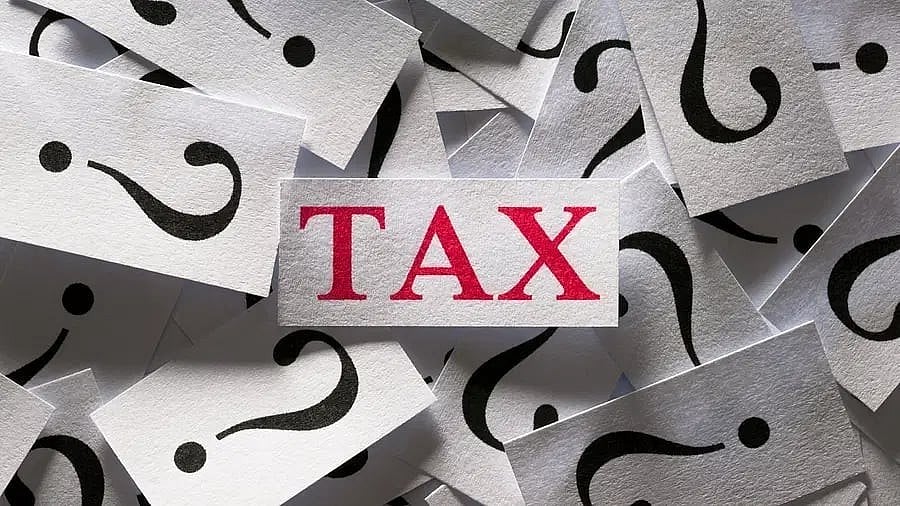
Representative image with the word 'tax'.
Credit: iStock Photo
Finance Minister Nirmala Sitharaman will present the Union Budget on February 1. In light of the upcoming Budget, we take a look at some of the terms associated with the exercise. In this article, we look into tax to be paid for share buybacks.
Share buybacks is one popular way that companies use to reward shareholders, wherein the company repurchases its shares from existing shareholders.
However, these investors can then have certain tax implications associated with buybacks.
What are the tax implications of share buybacks for shareholders?
As of now, in January 2025, buybacks can occur either through a direct tender offer or via the open market. In a tender offer, shareholders can sell their shares back to the company within a specified time frame, usually at a premium. Generally, this means individual shareholders don't have any immediate tax liability.
However, the company must pay a 20% tax on the distributed income, which is the difference between the buyback price and the original issue price, along with additional surcharges.
The open market route involves purchasing shares through stock exchanges over an extended period — a practice that companies will no longer be allowed to conduct, starting April 1, 2025.
This decision was taken after Sebi determined that the open market route could result in potential double taxation for both the company and the shareholder.
However buyback tax will still apply for transactions before this date where the gains from the buyback are taxable for shareholders.
